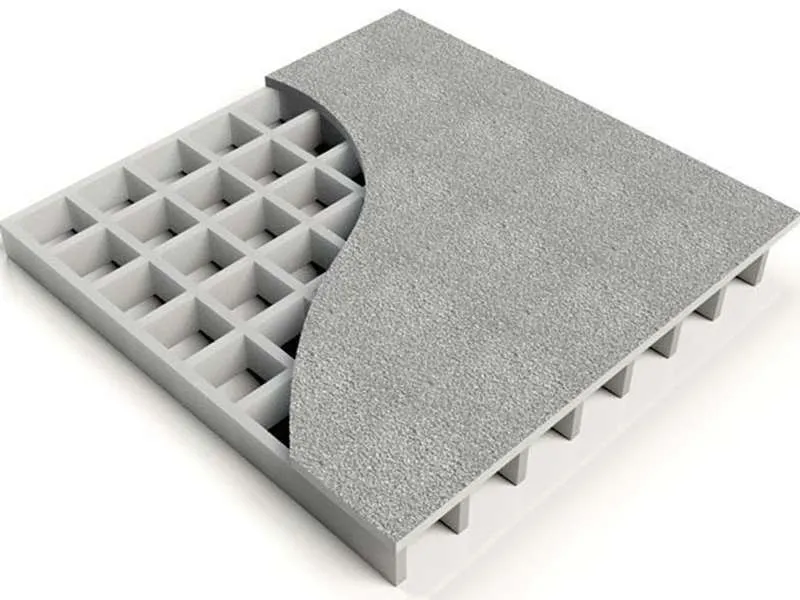
-
 Afrikaans
Afrikaans -
 Albanian
Albanian -
 Amharic
Amharic -
 Arabic
Arabic -
 Armenian
Armenian -
 Azerbaijani
Azerbaijani -
 Basque
Basque -
 Belarusian
Belarusian -
 Bengali
Bengali -
 Bosnian
Bosnian -
 Bulgarian
Bulgarian -
 Catalan
Catalan -
 Cebuano
Cebuano -
 China
China -
 China (Taiwan)
China (Taiwan) -
 Corsican
Corsican -
 Croatian
Croatian -
 Czech
Czech -
 Danish
Danish -
 Dutch
Dutch -
 English
English -
 Esperanto
Esperanto -
 Estonian
Estonian -
 Finnish
Finnish -
 French
French -
 Frisian
Frisian -
 Galician
Galician -
 Georgian
Georgian -
 German
German -
 Greek
Greek -
 Gujarati
Gujarati -
 Haitian Creole
Haitian Creole -
 hausa
hausa -
 hawaiian
hawaiian -
 Hebrew
Hebrew -
 Hindi
Hindi -
 Miao
Miao -
 Hungarian
Hungarian -
 Icelandic
Icelandic -
 igbo
igbo -
 Indonesian
Indonesian -
 irish
irish -
 Italian
Italian -
 Japanese
Japanese -
 Javanese
Javanese -
 Kannada
Kannada -
 kazakh
kazakh -
 Khmer
Khmer -
 Rwandese
Rwandese -
 Korean
Korean -
 Kurdish
Kurdish -
 Kyrgyz
Kyrgyz -
 Lao
Lao -
 Latin
Latin -
 Latvian
Latvian -
 Lithuanian
Lithuanian -
 Luxembourgish
Luxembourgish -
 Macedonian
Macedonian -
 Malgashi
Malgashi -
 Malay
Malay -
 Malayalam
Malayalam -
 Maltese
Maltese -
 Maori
Maori -
 Marathi
Marathi -
 Mongolian
Mongolian -
 Myanmar
Myanmar -
 Nepali
Nepali -
 Norwegian
Norwegian -
 Norwegian
Norwegian -
 Occitan
Occitan -
 Pashto
Pashto -
 Persian
Persian -
 Polish
Polish -
 Portuguese
Portuguese -
 Punjabi
Punjabi -
 Romanian
Romanian -
 Russian
Russian -
 Samoan
Samoan -
 Scottish Gaelic
Scottish Gaelic -
 Serbian
Serbian -
 Sesotho
Sesotho -
 Shona
Shona -
 Sindhi
Sindhi -
 Sinhala
Sinhala -
 Slovak
Slovak -
 Slovenian
Slovenian -
 Somali
Somali -
 Spanish
Spanish -
 Sundanese
Sundanese -
 Swahili
Swahili -
 Swedish
Swedish -
 Tagalog
Tagalog -
 Tajik
Tajik -
 Tamil
Tamil -
 Tatar
Tatar -
 Telugu
Telugu -
 Thai
Thai -
 Turkish
Turkish -
 Turkmen
Turkmen -
 Ukrainian
Ukrainian -
 Urdu
Urdu -
 Uighur
Uighur -
 Uzbek
Uzbek -
 Vietnamese
Vietnamese -
 Welsh
Welsh -
 Bantu
Bantu -
 Yiddish
Yiddish -
 Yoruba
Yoruba -
 Zulu
Zulu
Durable Fiber Pipes & FRP Tanks Corrosion-Resistant Solutions
- Overview of fiber pipe
applications in modern industries - Technical specifications comparison: fiber pipe vs alternatives
- Performance metrics across leading manufacturers
- Custom engineering solutions for specific operational needs
- Case study: Municipal water treatment implementation
- Installation best practices and maintenance protocols
- Future trends in fiber reinforced infrastructure

(fiber pipe)
Understanding the Core Advantages of Fiber Pipe Technology
Fiber pipe systems have revolutionized fluid transport with 78% lower corrosion rates compared to metallic alternatives. These composite structures combine polymer matrices with glass fiber reinforcement, achieving:
- Pressure ratings up to 250 PSI
- Temperature resistance from -40°F to 280°F
- 50-year projected service life
Material Performance Benchmarking
| Parameter | Fiber Pipe | Steel Pipe | PVC Pipe |
|---|---|---|---|
| Tensile Strength | 18,000 psi | 60,000 psi | 7,500 psi |
| Corrosion Resistance | Class A | Class D | Class B |
| Installation Cost/ft | $12.80 | $18.40 | $9.20 |
Manufacturer Capability Analysis
Top producers demonstrate distinct specialization areas:
Company X: 2.5x faster production cycles for large-diameter pipes
Company Y: Patented anti-microbial lining technology
Company Z: API 15HR certification for oil/gas applications
Tailored Engineering Solutions
Custom configurations address specific challenges:
- High-salinity environments: Dual-layer epoxy coating
- Seismic zones: Flexible jointing systems (±5° angular deflection)
- Thermal cycling: Coefficient of expansion 1.8×10-5 in/in°F
Industrial Implementation Example
A coastal refinery achieved 92% maintenance cost reduction after installing 3.2 miles of 24" fiber reinforced plastic tank systems:
Year 1: Zero leakage incidents Year 3: 0.002% surface degradation Year 5: ROI exceeding 140%
Why Fiber Pipe Solutions Are Leading the Industry
With 34% annual market growth (2023-2030 projections), fiber pipe installations now account for 41% of new industrial fluid systems. Advanced glass fiber tank configurations enable:
- 15% greater chemical resistance than previous generations
- 30-minute on-site joint curing technology
- Smart monitoring integration via embedded sensors

(fiber pipe)
FAQS on fiber pipe
Q: What are the common applications of fiber pipes?
A: Fiber pipes are widely used in water supply systems, chemical transportation, and sewage management due to their corrosion resistance, lightweight design, and durability under high-pressure conditions.
Q: How do fiber reinforced plastic (FRP) tanks compare to traditional metal tanks?
A: FRP tanks offer superior corrosion resistance, lower maintenance costs, and a longer lifespan compared to metal tanks. They are also lighter, making installation and transportation easier.
Q: Are glass fiber tanks suitable for storing corrosive chemicals?
A: Yes, glass fiber tanks are ideal for storing corrosive chemicals because their non-reactive resin layers and reinforced fiber structure prevent degradation and leaks in harsh environments.
Q: What maintenance is required for fiber pipes and tanks?
A: Fiber pipes and tanks require minimal maintenance. Regular visual inspections for surface damage and occasional cleaning to remove debris are typically sufficient to ensure optimal performance.
Q: Can fiber reinforced plastic tanks withstand extreme temperatures?
A: FRP tanks can handle temperatures ranging from -40°F to 250°F (-40°C to 121°C), depending on the resin used. Custom formulations are available for specialized high-temperature applications.
Latest news
-
FRP Desalination Pipes & Fittings Efficient Water Treatment SolutionsNewsMay.29,2025
-
Fiberglass Clarifier Systems Efficient Water & Solid Treatment SolutionsNewsMay.29,2025
-
Fiberglass Water Tanks Durable GRP & Fiber Water Storage SolutionsNewsMay.29,2025
-
High-Pressure FRP Piping Systems Durable Corrosion-Resistant SolutionsNewsMay.28,2025
-
FRP Pipes & Fittings Corrosion-Resistant Solutions for Ships & DesalinationNewsMay.28,2025
-
FRP Field Tanks Durable, Corrosion-Resistant Storage SolutionsNewsMay.28,2025









